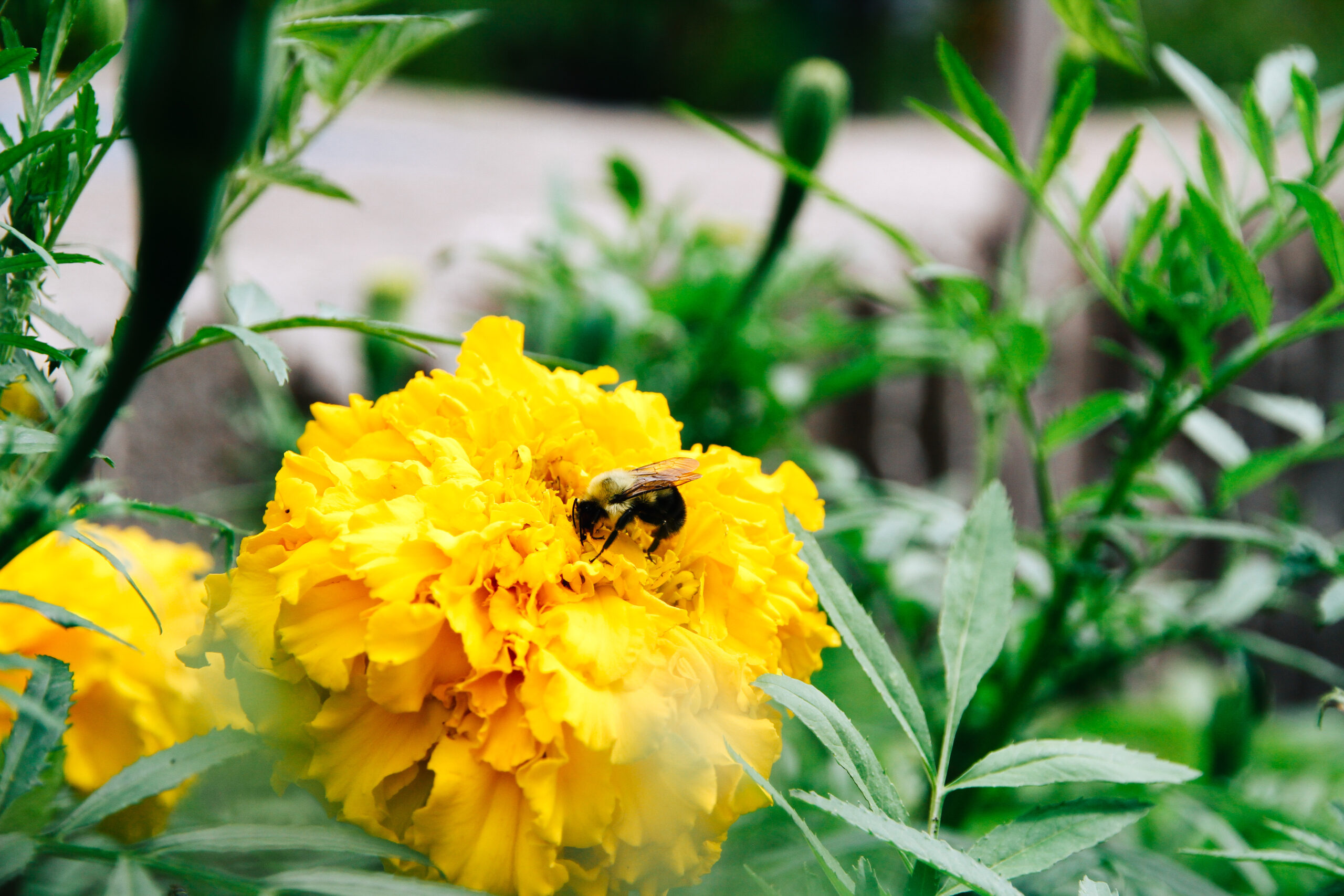
As delegates gather in Montreal for the United Nations Biodiversity Conference (COP15), McGill joins a global community of universities who have committed to the Nature Positive Pledge.
Launched by the UN Environment Programme and the University of Oxford to coincide with COP15, the Nature Positive Pledge encourages higher education institutions to prioritize ecological restoration. This initiative is based on the idea that universities play an important role in promoting biodiversity, as the educators of future leaders, as hubs for innovative research, and as landowners and consumers with a direct impact on the planet.
“Being ‘nature positive’ means restoring species and ecosystems that have been harmed by the impacts of [a] university and its activities,” writes Emily Stott, the Nature Positive Universities Coordinator. She adds that universities should strive to further support nature by “enhancing the biodiversity on campus and reducing the impacts of operations and supply chains.”
McGill is among more than 100 universities, including 10 others in Quebec, who joined the initiative as a founding member ahead of COP15. But this commitment extends well beyond the two-week UN conference. By taking the pledge, McGill is expected to assess its biodiversity impacts, set measurable targets for improvement, and provide annual updates on its progress.
This summer, consultations began on an official university-wide biodiversity strategy that will be launched in 2023. Drawing on in-house expertise from the Quebec Centre for Biodiversity Science, the Gault Nature Reserve, and the Redpath Museum Society, as well as several McGill departments and operational units like Buildings & Grounds, an emerging focus for the plan is to consolidate the wealth of biodiversity research and projects already happening on campus.
Taking stock and moving forward
Currently, 66 per cent of McGill’s lands are forest reserves. This includes the 1,000-hectare old-growth forest of the Gault Nature Reserve, which is a UNESCO Biosphere Reserve and a migratory bird refuge. The University also owns and manages the Morgan Arboretum, a 245-hecture forest reserve on the Macdonald campus that is home to more than 200 mammal, reptile, amphibian, and bird species.
On the downtown campus, members of the McGill community have opportunities to connect with nature and reduce the impact of the University’s food supply chain through numerous staff- and student-led gardens and urban agriculture initiatives. Over the years, the Sustainability Projects Fund (SPF) has provided more than $150,000 to support McGill Feeding McGill and Campus Crops, two programs that allow the University to source its food from local, sustainable sources.
“But this is just the beginning,” says Francois Miller, the Executive Director of Sustainability at McGill. “Joining the Nature Positive Universities Alliance will allow us to share knowledge, practices, and resources with likeminded universities around the world as we strengthen our commitment to biodiversity.”
To create a baseline for future targets, McGill intends to host a bioblitz next year during which volunteers will document species on campus to provide a map of biodiversity at the University.
“We hope this will also give students, faculty, and staff the opportunity to see how much nature surrounds them, even in the middle of the city, and feel empowered to preserve and nurture it,” says Miller.
To learn more about McGill’s commitments to biodiversity and sustainability, visit the Office of Sustainability website.

Can the university also commit to phasing out neonics and glyphosate from use outside of research? We need to protect and safely feed pollinators.